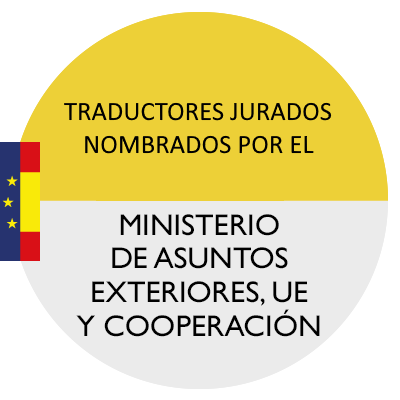In the world of sworn translations, technological innovation has transformed the way official documents are managed. As specialists in sworn translation services, we at BBLTranslation would like to address a key concern for our clients: the use of the digital signature in sworn translations and its legal validity.
What is a sworn translation?
A sworn translation is an official translation carried out by a sworn translator, who is officially accredited by the Spanish Ministry of Foreign Affairs, European Union, and Cooperation. This type of translation holds legal validity and is required for official documents such as certificates, court rulings, academic diplomas, among others.
Traditionally, sworn translations had to include a hand-written signature, as well as be physically stamped by the sworn translator, meaning the original document had to be sent or delivered in paper form. However, advances in legislation and technology have made it possible to use digital signatures.
Digital signatures in sworn translations
With the publication of Royal Decree 734/2020, which regulates the activity of sworn translators and interpreters, the validity of the digital signature in sworn translations has been recognised. This represents an important step towards the modernisation of the sector, as it allows documents to be delivered in a quick and secure manner.
However, it is important to clarify that the digital signature does not completely replace the traditional elements of a sworn translation. A sworn translation with a digital signature is still an official document, but it must comply with the following conditions:
- Hand-written signature and stamp: Although the document uses a digital signature, it must contain a hand-written signature and the sworn translator’s stamp. This ensures that the document is legally valid.
- Physical format replacement: A digital signature eliminates the need to send a physical copy of the document, facilitating delivery via e-mail or other secure digital platforms.
Advantages of digital signatures
Using a digital signature in sworn translations comes with various advantages for both clients and sworn translators.
- Flexibility: Documents can be sent straight away, eliminating waiting times and costs if they were to be posted.
- Security: Digital signatures are encrypted, ensuring the document’s authenticity.
What you need to know as a client
At BBLTranslation, we ensure that our digitally signed sworn translations comply with all the legal requirements established in Royal Decree 734/2020. Our clients can be confident that they will receive fully valid documents, with the option of saving time and resources by sending it digitally.
It is essential for users to be aware that, although the digital signature is convenient, documents must still include a hand-written signature and the sworn translator’s stamp in order to ensure that the translation is integral and legally valid.
Conclusion
At BBLTranslation, we are committed to providing sworn translation services that combine the most advanced technology with strict compliance with the current regulations in place. If you need a digitally signed sworn translation, don’t hesitate to contact us.
We are here to help!





